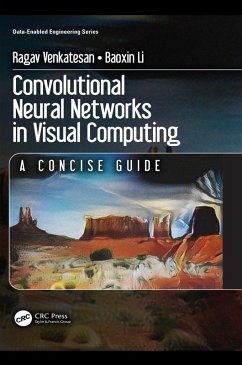This book covers the fundamentals in designing and deploying techniques using deep architectures. It is intended to serve as a beginner's guide to engineers or students who want to have a quick start on learning and/or building deep learning systems.
Dieser Download kann aus rechtlichen Gründen nur mit Rechnungsadresse in A, B, BG, CY, CZ, D, DK, EW, E, FIN, F, GR, HR, H, IRL, I, LT, L, LR, M, NL, PL, P, R, S, SLO, SK ausgeliefert werden.









